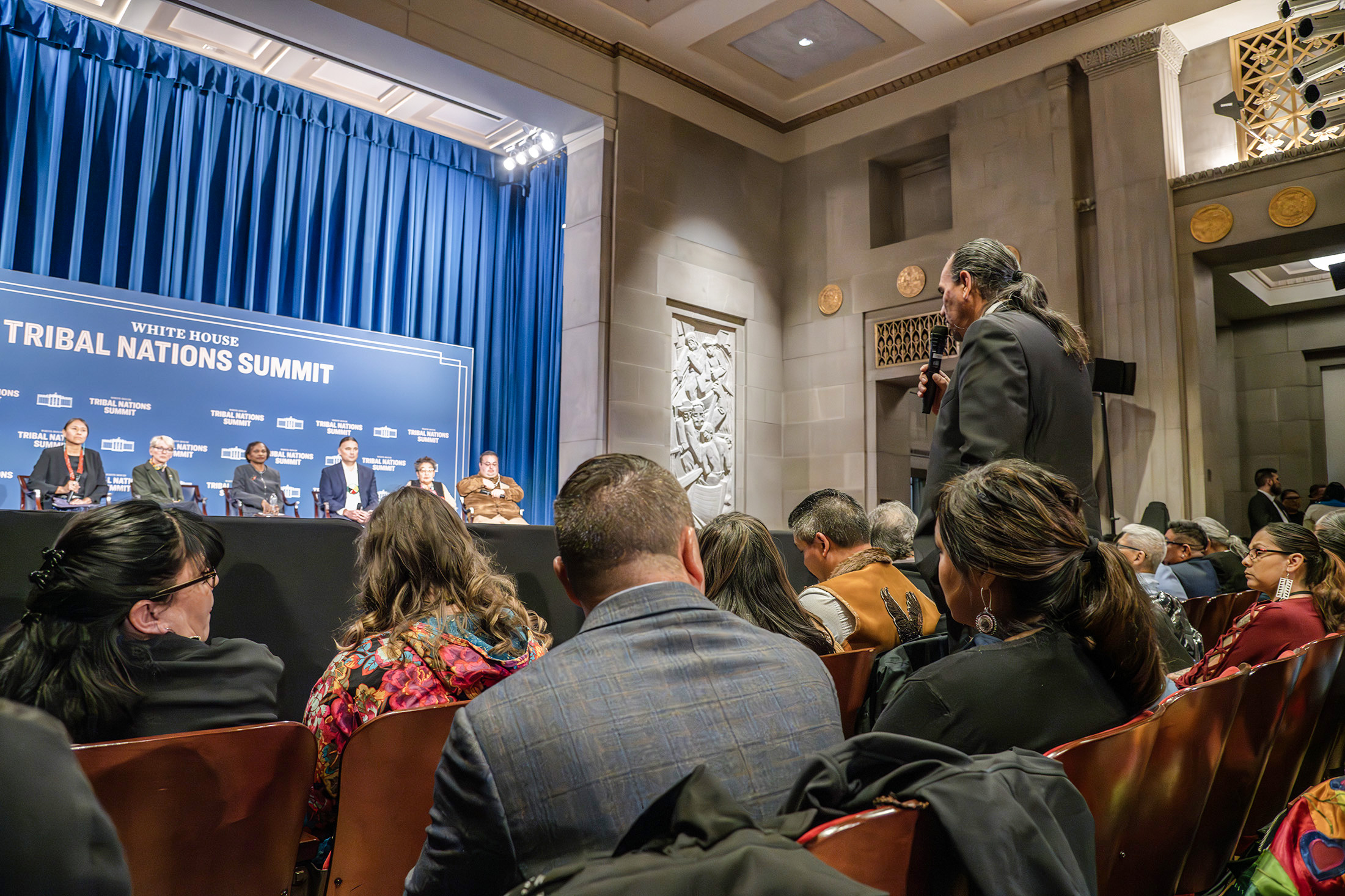Showing 938 results

Rachel Mayo | November 25, 2025
This November, we honor the leadership, knowledge, and resilience of America’s first peoples, who have safeguarded the land, water, and air that sustain us all.

Daniel Farber | November 13, 2025
Although Congress vetoed California’s most recent vehicle regulations, the state can pass new regulations so long as there are significant differences from the ones Congress overturned. The Trump administration has been arguing all along that California lacks the power to regulate greenhouse gases from vehicles. Those regulations are a crucial part of the state’s climate policy. Sooner or later, courts will need to decide the extent of California’s legal authority over vehicle emissions. The issues are complex, involving an unusual statutory scheme. Here’s what you need to know, and why I think California should win this fight.

Minor Sinclair | November 12, 2025
After nearly five years of serving this amazing organization and its inspiring community of scholars, advocates, and activists, I’ll be stepping down as executive director of the Center for Progressive Reform.

James Goodwin | October 27, 2025
The current Trump administration has made individualized exceptions and waivers one of the signature features of its governing approach.

Federico Holm, James Goodwin | October 16, 2025
The Congressional Review Act (CRA) provides the U.S. Congress with an expedited procedure to review and potentially overturn final rules issued by federal agencies. Despite being touted as a critical avenue for congressional oversight, the CRA is often deployed as a partisan tool that replaces agency expertise and democratic consideration with political maneuvers and slim voting majorities. The use of the CRA in the current Congress so far has shown us how easy it is to misuse “resolutions of disapproval”—the specialized form of legislation it creates—both in numbers and the scope of its application.
Federico Holm | October 15, 2025
Since Day One, the Trump administration has aggressively pursued policy actions that match the recommendations contained in Project 2025. We have been tracking the administration’s actions since February, and our Executive Action Tracker (jointly maintained by the Center for Progressive Reform and Governing for Impact) highlights the speed and effectiveness with which the administration has advanced Project 2025’s goals.

Minor Sinclair | October 7, 2025
The Presidential Memorandum (NSPM-7) on Countering Domestic Terrorism and Organized Political Violence released last week pushed the United States one step closer to a country where the right of freedom of speech and peaceful protest no longer exists.

Federico Holm, James Goodwin | September 15, 2025
To say that the policy priorities of the Trump administration represent a U-turn from the Biden administration is a severe understatement. The recent release of the long-awaited Spring 2025 Regulatory Agenda — the first of the current Trump administration — provides us with our first concrete picture of just how far the regulatory policy pendulum is going to swing. From climate and energy to public health, the current administration is systematically undermining important advancements achieved during the previous cycle.

James Goodwin | September 3, 2025
Public participation is a defining feature of the modern administrative state. One of administrative law’s functions is to ensure meaningful participation by relevant stakeholders. Importantly, as the public’s expectations of and demands for what participation mechanisms are meant to accomplish have evolved, policymakers and the courts have updated administrative law requirements and doctrines.